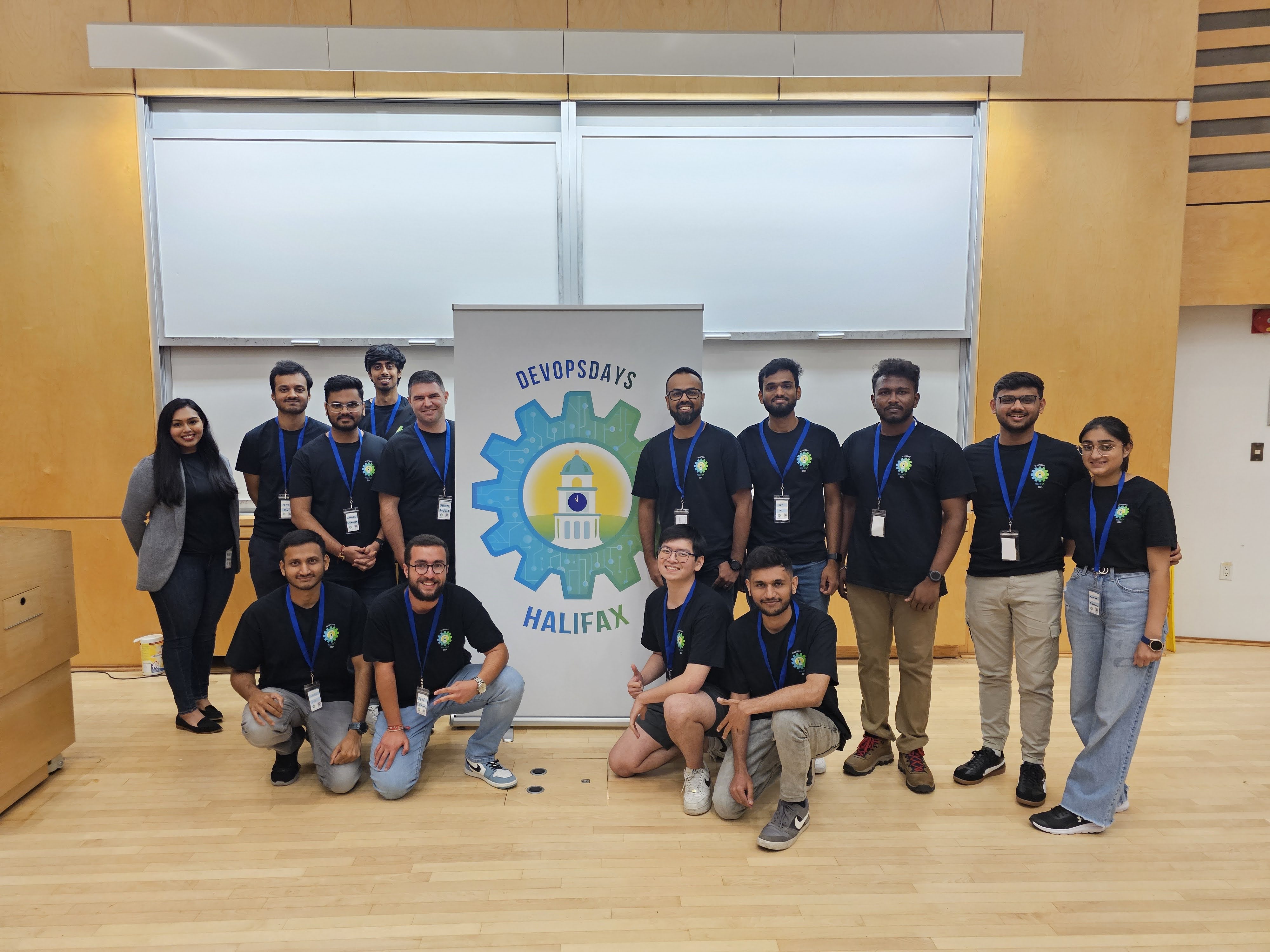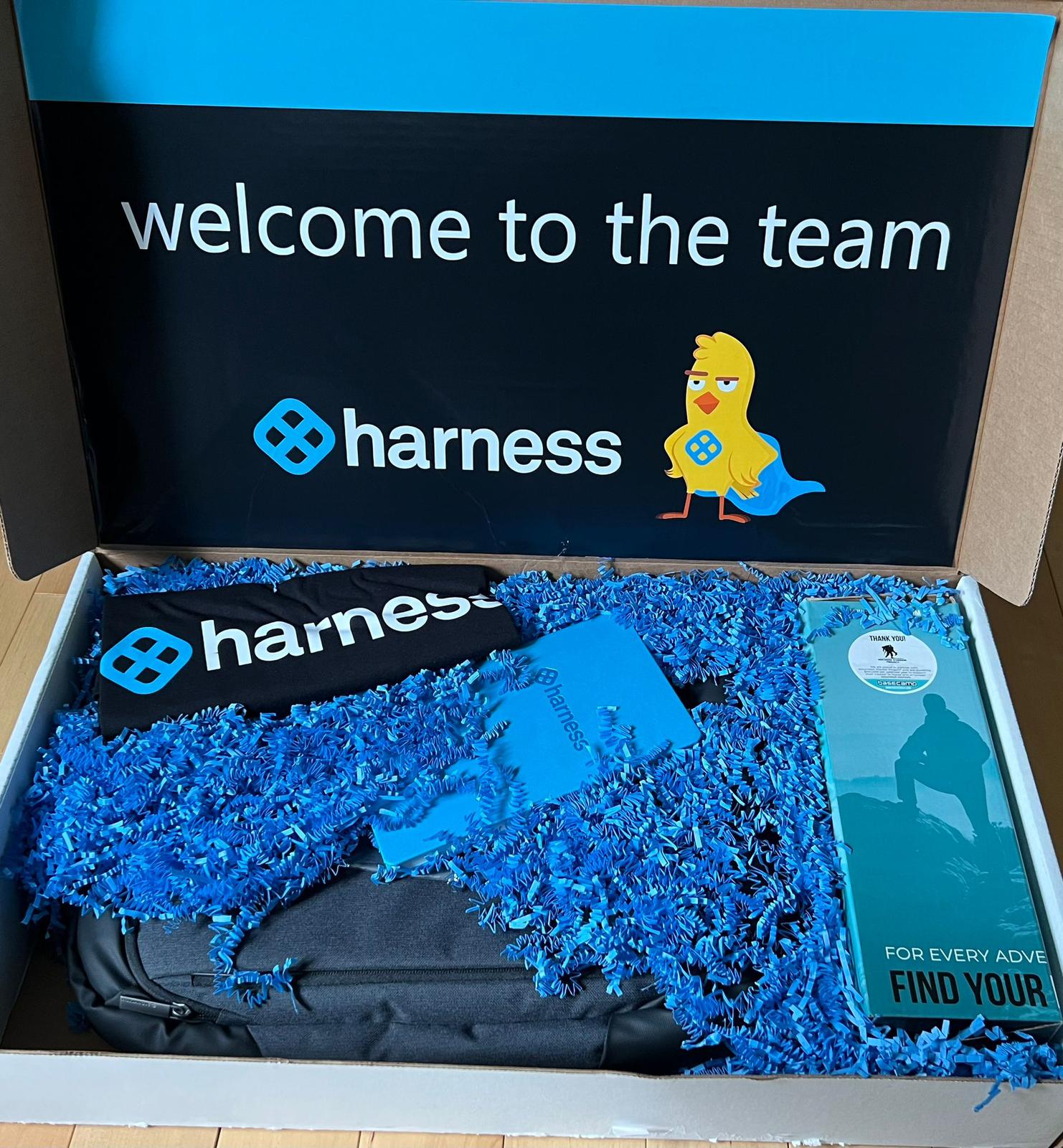Going Beyond ‘Do You Know Of Any Open Positions?’
I’m looking for a job in $SomeField. Do you know of any open positions?
I’ve spent countless hours over the last 9 years to help folks start a career in tech. However, every time I receive this question, I can’t help but cringe a bit. In this blog, I will discuss why this seemingly innocent generic question is unhelpful for both the person asking and the one being asked. I’ll share some practical strategies for job seekers to boost their chances of success by making specific requests and engaging meaningfully with their connections.
The Limitations of Asking for Open Positions
When job seekers reach out to their connections on LinkedIn asking if they know of any open positions in a specific technology or field (often the very first message they send as soon as connected), they overlook several key factors. Firstly, job openings are often posted publicly, and candidates can readily search for them on their own. Secondly, expecting a contact to remember and keep track of multiple job seekers in various fields is neither practical nor scalable. However, there is a third reason why this approach is ineffective: the lack of personalization. When your initial message to someone on LinkedIn is a generic request for help, it hampers the ability to establish meaningful connections. It is crucial to demonstrate genuine interest in the person you are seeking help from. Have you taken the time to read their blog or explore their work? Have you offered a genuine compliment or acknowledgment of their expertise? Building rapport and showing a genuine interest in the individual increases the likelihood of receiving a positive response and fostering a more meaningful connection.
The Power of Specific Requests
Instead of making a generic inquiry, job seekers can significantly enhance their chances of receiving relevant assistance by being more specific in their requests. By tailoring their outreach and highlighting their needs, candidates can engage their connections more effectively. For instance, rather than asking about open positions, consider the following alternatives:
-
Requesting a connection for an introduction: If the hiring manager or a decision-maker is a first-degree contact of your connection, it may be beneficial to request an introduction or connection to facilitate your application.
-
Seeking guidance: If you have identified a job opening of interest, ask for insights or advice about the company culture, the team, or any specific information that would help you tailor your application.
-
Resume and LinkedIn review: Requesting a review of your resume or LinkedIn profile is a proactive way to engage your connections. Constructive feedback can significantly improve your chances of standing out in the competitive job market. (Hint: I’ve been offering free resume reviews for the last 9 years and have reviewed over 1000 resumes. Connect with me and send a DM for a free resume review.)
Proactive Job Search Strategies
I always encourage seeking help for your career, but if you can handle things on your own, there’s no need to burden others with unnecessary requests. For instance, if you send me a resume full of typos, it gives the impression that you didn’t even bother to run a quick grammar/spelling check. Similarly, a simple LinkedIn search will show you all the available jobs. So, before reaching out, try taking a proactive approach to your job search. Here are some strategies to consider:
-
Utilize job search tools: Make use of LinkedIn’s robust job search features to find relevant positions. Narrow down your search by filtering according to location, industry, experience level, and more. Here are some free tools:
- You can use LinkedIn for job search. For many folks, however, reaching out to contacts directly on LinkedIn works better than simply a LinkedIn Easy-Apply. OTOH, HN and Wellfound (f.k.a. Angel.co) might have better success rate than LinkedIn jobs.
- Google Drive –> New Google Doc –> From template –> Resume will give you a simple resume template for free
- Resume Parser parse information from a resume PDF
-
Network and engage: Actively participate in relevant LinkedIn groups and discussions related to your field of interest. Engage with industry professionals, ask insightful questions, and build meaningful connections. Instead of solely reaching out to connections when job searching, make an effort to engage with them regularly. When you connect with someone, ask them about their work, follow their blogs, and offer your help before you ask for help. That person might be running a meetup where you can volunteer or they might be maintaining an open-source project where you can contribute. Even the intent will go a long way. Building rapport ensures that when the time comes to seek help, your requests are more likely to be received positively.
-
Follow companies of interest: Identify companies you would like to work for and follow them on LinkedIn. This allows you to stay updated on their latest news, job postings, and any potential opportunities that arise. Once you see an open role, check who within your network works at that company and then make specific requests about that role. Here’s a template:
Hi [Person2],
This is [Person1], we've spoken a few times on Hacker News and then connected on LinkedIn. I saw that your company has openings for QBasic programmers on the website. Do you know anything about this position? I'm interested in applying and would love a referral or introduction to the hiring manager/team leader if that's possible.
Appreciate your time,
[Person1]
Don’t take this the wrong way
Don’t feel discouraged; seeking help is a natural part of career growth. LinkedIn is a game-changer for job seekers, but it’s crucial to use it wisely. Instead of just asking if someone knows of any open positions, let’s focus on asking for the right kind of help. By refining your requests, being specific, and actively engaging with your connections, you can increase your chances of getting meaningful assistance and rocking your job search.
Remember, building professional relationships takes effort, but it’s totally worth it. So, let’s put in the time and energy to connect genuinely with others. When we approach people with a clear purpose and show real interest in what they do, amazing opportunities can unfold.




